No Money, No Honey
Written by Terry Dehghani
The 2025 AFL trade period will be remembered, particularly by Carlton supporters, as one of the most transformative in recent memory.
At the centre of it all was Charlie Curnow, the two-time Coleman medallist who, despite a decade in the Navy Blue, ultimately forced the club’s hand and left for Sydney.
His departure crystallises a sad truth that increasingly, the game is being built less on heritage and allegiance, and more on assets, leverage and cold strategy.
For decades, footy culture has pitched itself as a realm of tradition, identity, and loyalty.
Club songs, family ties & lifelong fans.
These are the images we cherish, but at its core, modern football is becoming an arms race of list management and balance sheets.
Players are traded not always because they want to move, but because they become assets.
Their value is measured in picks, cap space, and negotiation potential.
Charlie Curnow in his new colours (Via AFL)
Curnow’s exit was obviously not that of a player who was forced to leave.
He was bound by contract. He was a marquee name. Yet the dynamics shifted until his presence became a bargaining chip.
What was once a 12th pick in the 2015 Draft, became pick 11, a 1st round pick in 2026 and a 1st round pick in 2027 plus Will Hayward.
The Blues will also be departing with picks 31 & 42 and a 2nd round pick in 2027.
Curnow’s trajectory this trade period was messy, emotional, and unavoidably dramatic.
It would be disingenuous to ignore the contradictions in Curnow’s stance.
At times, he publicly affirmed his future at Carlton and fueled hopes among fans that he would stay.
However behind the scenes, the narrative was anything but.
Curnow himself admitted that he had been speaking to his teammates “for a few months” about his decision to leave.
That kind of disconnect inflicts wounds not just within club walls, but in the hearts of supporters.
Carlton supporters often will be demonised as “toxic” when things are not going well.
However we are the same supporters who carry these players on our shoulders like champions, with more love than they may ever experience in their lives, and often when that love has not been earned.
Ultimately one must also recognise that a player is a human.
He has aspirations, doubts, and reasons not fully visible to outsiders.
Wishing him well in his next chapter does not require forgetting the way things ended, but it does demand fairness in tone.
It can’t be forgotten that he brought a lot of joy to a lot of people for a long time.
Charlie is the man in the arena who has agency over his life and his life choices and for that I can understand someone wanting to put themselves in a position that best aligns with their interests.
In trading Curnow, Carlton gains something: draft capital, room to reshape the forward line, and perhaps a reset in culture.
I believe this is a turning point for my Blues.
The tail no longer wags the dog.
Losing someone of Curnow’s stature sends a message.
No player, not even the biggest, is untouchable.
Charlie Curnow’s trade is a turning point, not just for Carlton but for the emotional contract fans think we hold with players.
The game is transforming.
Heritage and history still matter, but only to the extent that they can be reconciled with modern demands for performance, value and flexibility.
It’s okay to feel betrayed, to grieve the loss and at the same time to wish him well.
Because in this new age of assets and trades, the old sense of loyalty shouldn’t be discarded, but it must also evolve.
Fortunately or unfortunately, we’re only just beginning to see what that means.

